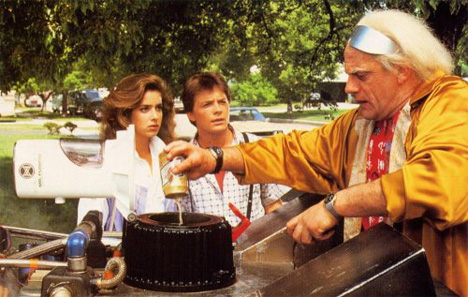
Remember the days when even solar power seemed a little far-fetched? These days, we’re powering all types of things with solar, wind and even kinetic energy. But those are tame when compared to some of the really alternative fuel sources that are popping up all over the world.
Chocolate
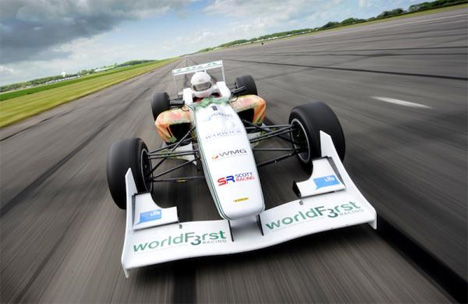
Chocolate as a fuel is strange enough, but this chocolate-powered car is a sustainable marvel on its own. Its body is made of woven flax, recycled carbon fiber and recycled resin. The steering wheel is made of carrot pulp. And since you wouldn’t drive a sustainable car like that up to the gas pump, it’s powered by biofuel made of chocolate and animal fats, and it’s lubricated with vegetable oil. It hits speeds of up to 135 mph, which should be enough proof that chocolate is a healthy breakfast food.
Human Fat
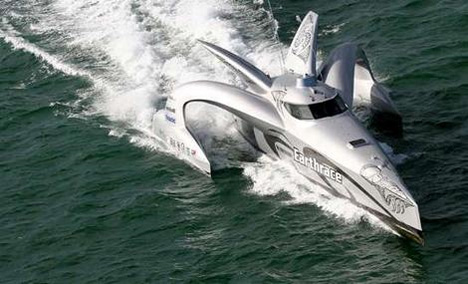
If you snuck a little too much of the chocolate before it was made into biodiesel, fear not. The Earthrace is a boat that runs on human fat. Technically, it runs on biodiesel, but the boat’s skipper, Pete Bethune, took it around the world on the power of fuel made from fat. The fat was obtained from his own body and the bodies of two volunteers via liposuction. Earthrace holds the current record for fastest powerboat journey around the world: just over 60 days.
Coffee Grounds (And Other Trash)
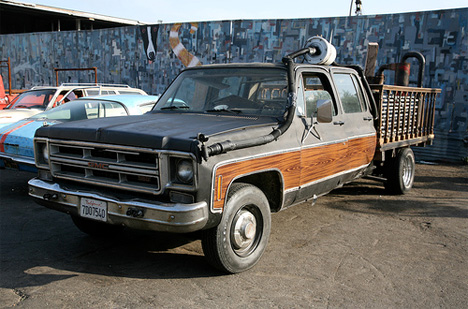
Gasification is a process that, in short, allows organic materials to be turned into fuel. It’s sort of like a lower-tech version of Mr. Fusion from Back to the Future. Eccentric San Francisco personality (and former mayoral candidate) Chicken John Rinaldi concocted a rather famous biogas-run pickup truck that he said ran on coffee grounds. While other organic materials went into the wood-gas generator on board his 1975 GMC pickup, it’s kind of poetic to say that the truck ran on coffee – just like many of us do.
Disposable Diapers
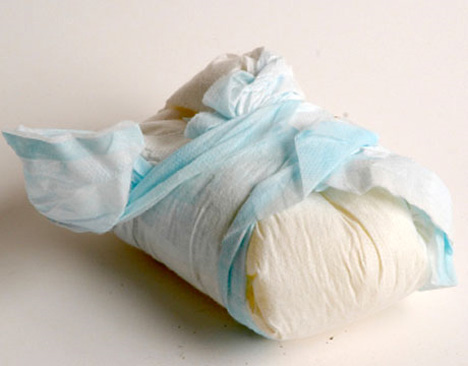
Green-minded new parents often feel guilty over the number of disposable diapers their little bundle of joy goes through. And with good reason – America alone throws away over 18 million diapers every year. The number of diapers in landfills is quite alarming, and it’s only going to keep growing since most of them are made of non-biodegradable materials. A few companies have decided to turn that pile of diapers into biofuel. Plants are being erected in England and Canada that will transform the organic materials in diapers into fuel, and at least one plant in England will recycle the other materials.
Chicken, Turkey and Other Farm Animal Byproducts
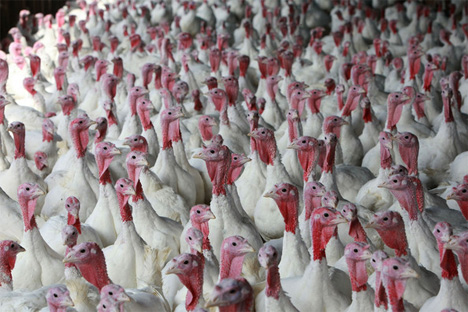
Food farming is a messy business; when you’re raising animals that will eventually be slaughtered and eaten, there are by-products that inevitably create a challenge. A company called Changing World Technologies aims to turn the animal waste into a viable fuel source. That includes bodily waste from the animals and the slaughterhouse leftovers, like fat, bones and feathers. As stomach-turning as that may sound, it’s a fantastic way to reduce factory farms’ environmental impact while providing an ecologically sound fuel source.




